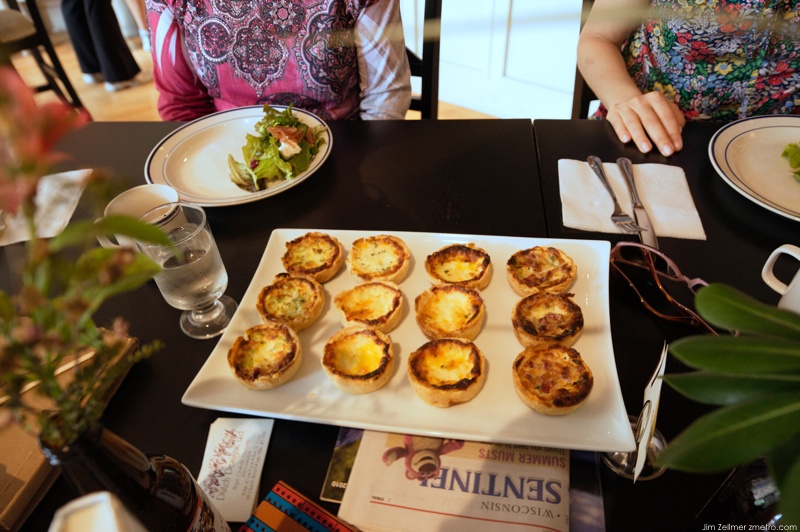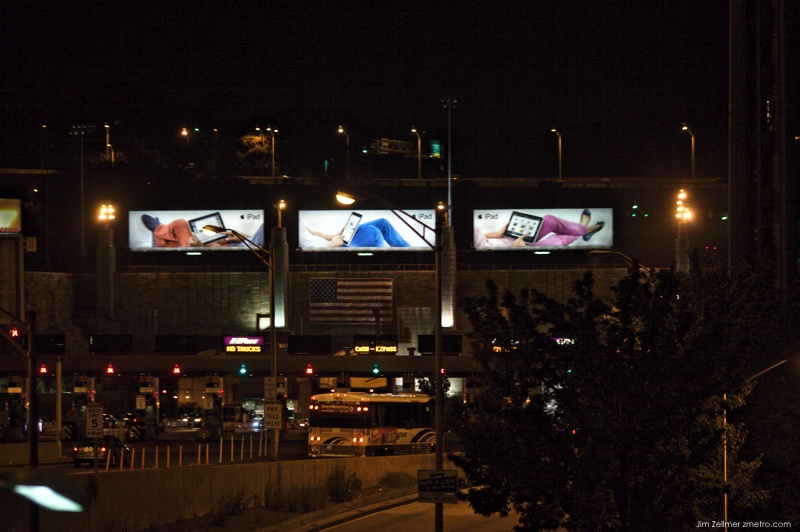
“The Time We Have is Growing Short”
If we need any further illustration of the potential threats to our own economy from uncontrolled borrowing, we have only to look to the struggle to maintain the common European currency, to rebalance the European economy, and to sustain the political cohesion of Europe. Amounts approaching a trillion dollars have been marshaled from national and international resources to deal with those challenges. Financing can buy time, but not indefinite time. The underlying hard fiscal and economic adjustments are necessary.
As we look to that European experience, let’s consider our own situation. We are not a small country highly vulnerable to speculative attack. In an uncertain world, our currency and credit are well established. But there are serious questions, most immediately about the sustainability of our commitment to growing entitlement programs. Looking only a little further ahead, there are even larger questions of critical importance for those of less advanced age than I. The need to achieve a consensus for effective action against global warming, for energy independence, and for protecting the environment is not going to go away. Are we really prepared to meet those problems, and the related fiscal implications? If not, today’s concerns may soon become tomorrow’s existential crises.
I referred at the start of these remarks to my sense five years ago of intractable problems, resisting solutions. Little has happened to allay my concerns. But, of course, it is not true that our economic problems are intractable beyond our ability to react, to make the necessary adjustments to more fully realize the enormous potential for improving our well-being. Permit me a note of optimism.
A few days ago, I spent a little time in Ireland. It’s a small country, with few resources and, to put it mildly, a troubled history. In the last twenty years, it took a great leap forward, escaping from its economic lethargy and its internal conflicts. Responding to the potential of free and open markets and the stable European currency, standards of living have bounded higher, close to the general European level. Instead of emigration, there has been an influx of workers from abroad.
Strolling Through 19th Century London Today
Augmented reality might be the future, but my favorite application of it yet transports you far into past. StreetMuseum—an iPhone app from the Museum of London—overlays four hundred years of historic images on today’s city streets.
StreetMuseum makes creative use of Google Maps and geo-tagging to show users how London used to look. You can use it to check out pictures and info about nearby historic locations, which is has more of a straightforward walking tour feel. But the fun starts when you’re actually standing in front of a location in the database. That’s when the AR “3D view” kicks in, with views that may look something like this:
Happy Father’s Day! Brunch at Lake Mills’ Water House Foods




My father has been a fabulous mentor, friend and inspiration. Life is far from linear and he has always provided sage advice and offered me any number of useful opportunities over the years. I am thankful!
Isthmus recently reviewed Lake Mills’ Water House Foods. Today’s brunch was interesting, good and just right. It was also priced very attractively. Highly recommended.
Holland Tunnel

Madison Farmer’s Market Bounty



A beautiful day after a rainy/stormy week. Much to be thankful for.
Incapable of Rational Thought
It started with an email sent to the Chevrolet employees at their Detroit headquarters and warned them not to use the word Chevy in lieu of the far more formal Chevrolet. GM PR people added that there was a plastic jar put into the hallway there so that each time someone heard another use the now “forbidden” word, they would deposit money as a personal penance. This decision, they said, was simply protecting the brand image of Chevrolet, much the way Coke or Apple protected its image. The memo was signed by the President of Chevrolet and GM’s Vice President for Marketing.
Apparently at Ed Whitacre’s new GM, morons have retaken the institution.
Are they not aware that “Chevy” has been an affectionate nickname for Chevrolet for at least 80 years and is not likely to go away? Did these executives not know that “Coke” is to “Coca-Cola” what “Chevy” is to “Chevrolet”?
People don’t call their computers “Apple” — “Mac” being to “Macintosh” what “Chevy” is to “Chevrolet” — and certainly nobody calls anything “my Apple iPod.”
THE VELLUVIAL MATRIX
Half a century ago, medicine was neither costly nor effective. Since then, however, science has combatted our ignorance. It has enumerated and identified, according to the international disease-classification system, more than 13,600 diagnoses—13,600 different ways our bodies can fail. And for each one we’ve discovered beneficial remedies—remedies that can reduce suffering, extend lives, and sometimes stop a disease altogether. But those remedies now include more than six thousand drugs and four thousand medical and surgical procedures. Our job in medicine is to make sure that all of this capability is deployed, town by town, in the right way at the right time, without harm or waste of resources, for every person alive. And we’re struggling. There is no industry in the world with 13,600 different service lines to deliver.
It should be no wonder that you have not mastered the understanding of them all. No one ever will. That’s why we as doctors and scientists have become ever more finely specialized. If I can’t handle 13,600 diagnoses, well, maybe there are fifty that I can handle—or just one that I might focus on in my research. The result, however, is that we find ourselves to be specialists, worried almost exclusively about our particular niche, and not the larger question of whether we as a group are making the whole system of care better for people. I think we were fooled by penicillin. When penicillin was discovered, in 1929, it suggested that treatment of disease could be simple—an injection that could miraculously cure a breathtaking range of infectious diseases. Maybe there’d be an injection for cancer and another one for heart disease. It made us believe that discovery was the only hard part. Execution would be easy.
America’s Car-Mart: Bentonville’s Secret Sauce Makers
The Financial Investigator: Most every day at 802 Southeast Plaza Avenue in Bentonville, Arkansas appears to be a pretty good one.
That’s because that address houses the headquarters of Americas Car-Mart, an auto retailer that has found the sweet spot, the intersection where a corporation’s business model meets consumer demand and the net income flows like cool, clear water.
Focusing exclusively on the sub-prime auto-buyer, their clean and efficiently-organized used-car lots throughout the south-central and southwest regions offer a stark contrast to the traditionally dodgy experience of buying a used-car; no one at any Americas Car-Mart locale is likely to be mistaken for the Kurt Russell character in Used Cars. The staff is friendly and well-turned out, there is a wide variety of cars, trucks and vans to choose from, the business offices are clean and air-conditioned and, perhaps best of all, the word “no” just doesn’t appear to be used all that often.
From an analytical standpoint, the business model appears to be simplicity itself.
Madison Farmer’s Market Photos

